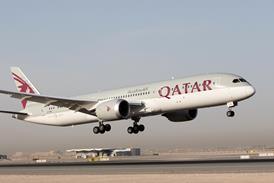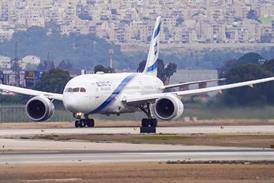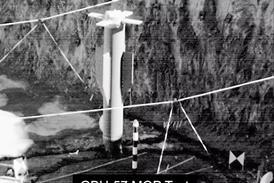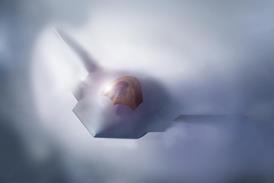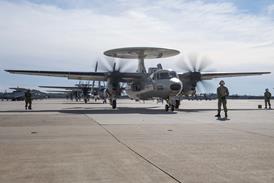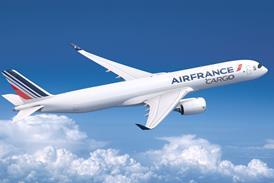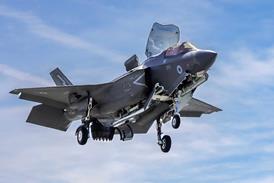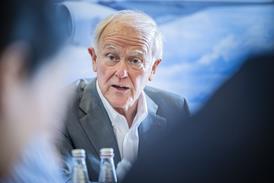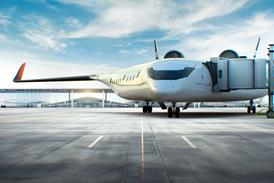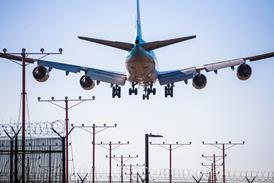Spirit Airlines has come out swinging against United Airlines’ and JetBlue Airways’ planned “Blue Sky” commercial partnership, describing the deal as anticompetitive and detrimental to smaller airlines.
In a 24 June filing with the US Department of Transportation (DOT), the Florida-based discount carrier asked the agency to review if the Blue Sky arrangement, which has yet to be fully implemented, amounts to unfair competition under US law.
“Based on what is publicly available, implementation of these agreements appear to constitute an anticompetitive unfair method of competition that must be prohibited,” Spirit’s filing says.
United and JetBlue in late May unveiled Blue Sky, a partnership under which they plan to sell each other’s flights and to offer reciprocal frequent flyer benefits.
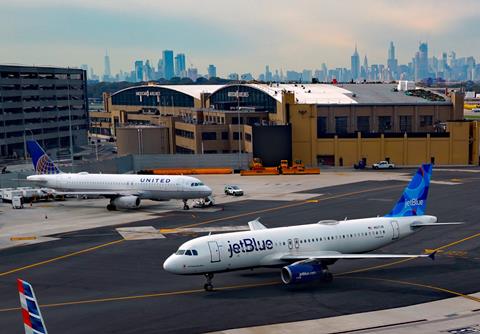
The arrangement would enable United to secure a stronger position at New York’s John F Kennedy International and Boston Logan International airports, where JetBlue has significant operations. JetBlue stands to expand its reach through access to United’s much-larger network.
JetBlue has for several years been seeking partners. In 2020 it formed a sales and marketing venture with American Airlines called the Northeast Alliance, but in May 2023 a US federal judge ordered the pact dissolved on anti-competition grounds. A federal judge also in January 2024 blocked JetBlue’s plan to acquire Spirit.
How President Donald Trump’s DOJ views JetBlue’s latest gambit with United remains unclear.
But Spirit is taking its concerns about Blue Sky to the DOT, which has legal authority to address practices it deems an “unfair method of competition”, according to US law.
“The Blue Sky partnership raises serious competition and public-interest questions similar to the [Northeast Alliance],” Spirit’s 24 June DOT filing says. “Fundamentally these two carriers combined will dominate flying from the Northeast.”
Spirit says JetBlue will become a “de facto vassal of United”, citing that carrier’s much larger operation, and says United will influence JetBlue’s decisions about where to fly.
Higher fares will result, and two other large US carriers – American Airlines and Delta Air Lines – will “almost certainly seek similar arrangements, and smaller carriers may be compelled to go along”, Spirit adds.
The airline asks the agency to review the partnership on competitive grounds and to provide more time for public comment.
“The department will review the complaint and all other submitted filings to determine the appropriate action, if any, to take in this matter,” says the DOT.
JetBlue has fired back.
Spirit’s complaint “misrepresents Blue Sky and twists the facts”, says JetBlue, which describes the partnership as an “industry standard interline agreement” that “does not include schedule coordination or revenue sharing”.
“JetBlue and United will remain competitors,” JetBlue says.
United declines to comment.
The airlines have said they plan to implement Blue Sky this year but more details about the timeline are unavailable.
JetBlue and Spirit have struggled financially in recent years amid fleet-maintenance problems and weaker demand, with Spirit filing for bankruptcy protection and JetBlue culling its network in a bid to shore up its financials.


